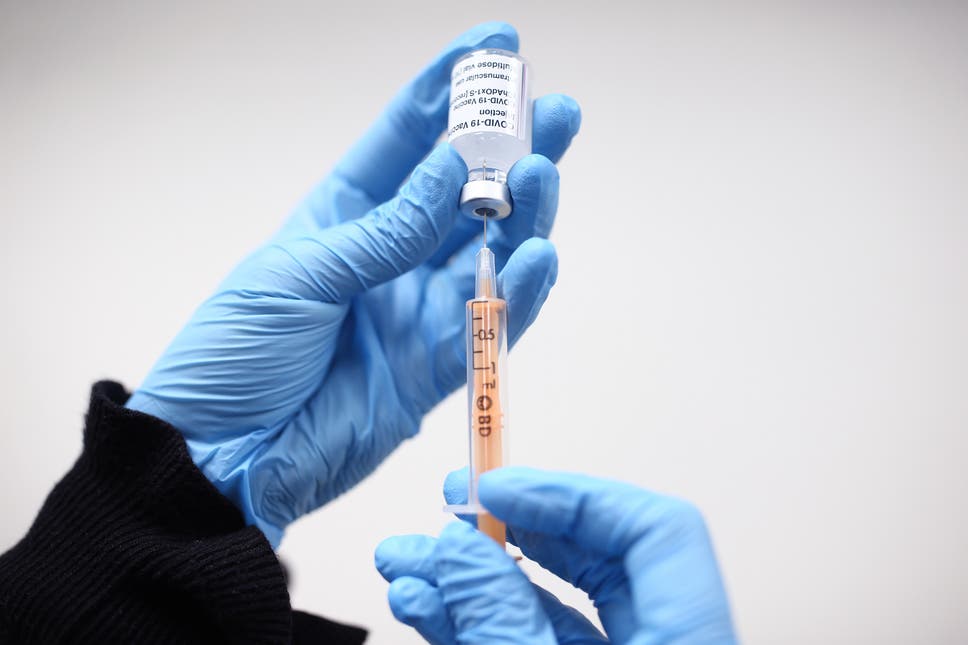
Vaccine Suppliers Deny NHS Claims Of Shortage of Vaccine in the UK
It was originally reported that healthcare workers under the age of 49 would only receive the vaccine in ‘exceptional circumstances’, with extra focus on those over the age of 50 and those particularly vulnerable to COVID. Pfizer and AstraZeneca have both denied any ‘reductions in national inbound vaccines supply’.
The letter stated, ‘There will be a significant reduction in weekly supply available from manufacturers beginning in the week commencing March 29, meaning volumes for first doses will be significantly constrained.’
Pfizer said in a statement, ‘We have an agreement with the government to supply 40 million doses of the Pfizer/BioNTech vaccine to the UK by the end of the year.’
It added, ‘While the details of this agreement are confidential, we can confirm that Q1 deliveries remain on track and continue to progress in line with the monthly schedule, agreed in advance with the Vaccines Taskforce.’
AstraZeneca also said, ‘Our UK domestic supply chain is not experiencing any disruption and there is no impact on our delivery schedule.’
The initial claims also came amid President of the European Commission Ursula von der Leyen’s threats to block vaccine exports to the UK. She earlier said she’d ‘ready to use whatever tool we need’ to ensure ‘Europe gets its fair share’.
With regards to the statements from Pfizer and AstraZeneca, the Department of Health said, ‘As has been the case since the programme began, the number of vaccinations carried out over time will vary due to supply – but we remain on track to offer a first vaccine to over 50s by April 15 and all adults by July 31.’
Foreign Secretary Dominic Raab also said he was ‘surprised’ at von der Leyen’s comments, saying, ‘It is normally what the UK and EU team up with to reject when other countries with less democratic regimes than our own engage in that kind of brinkmanship.’

